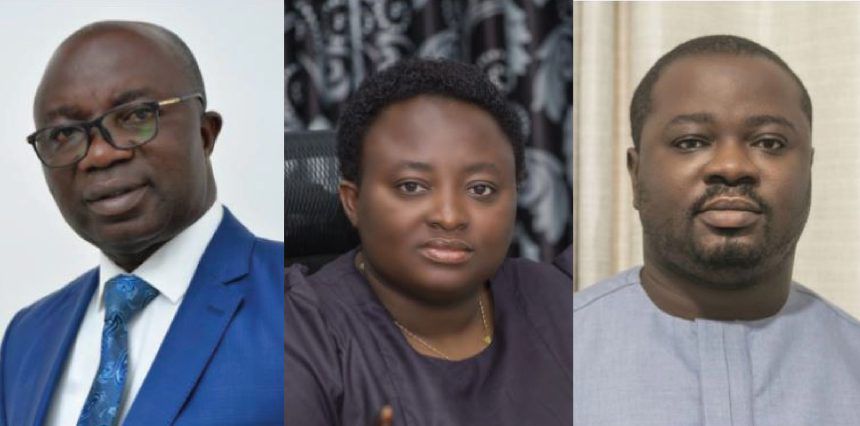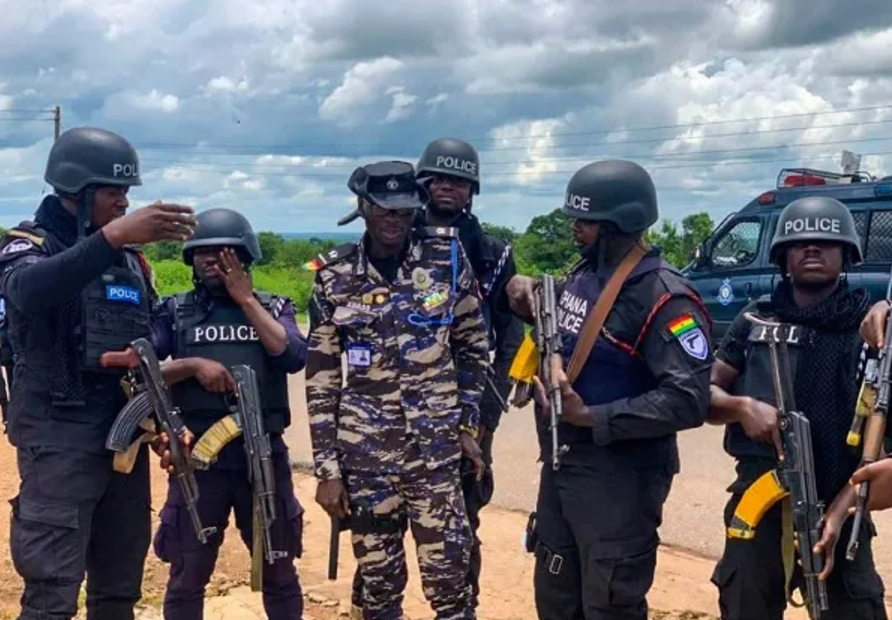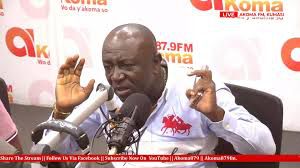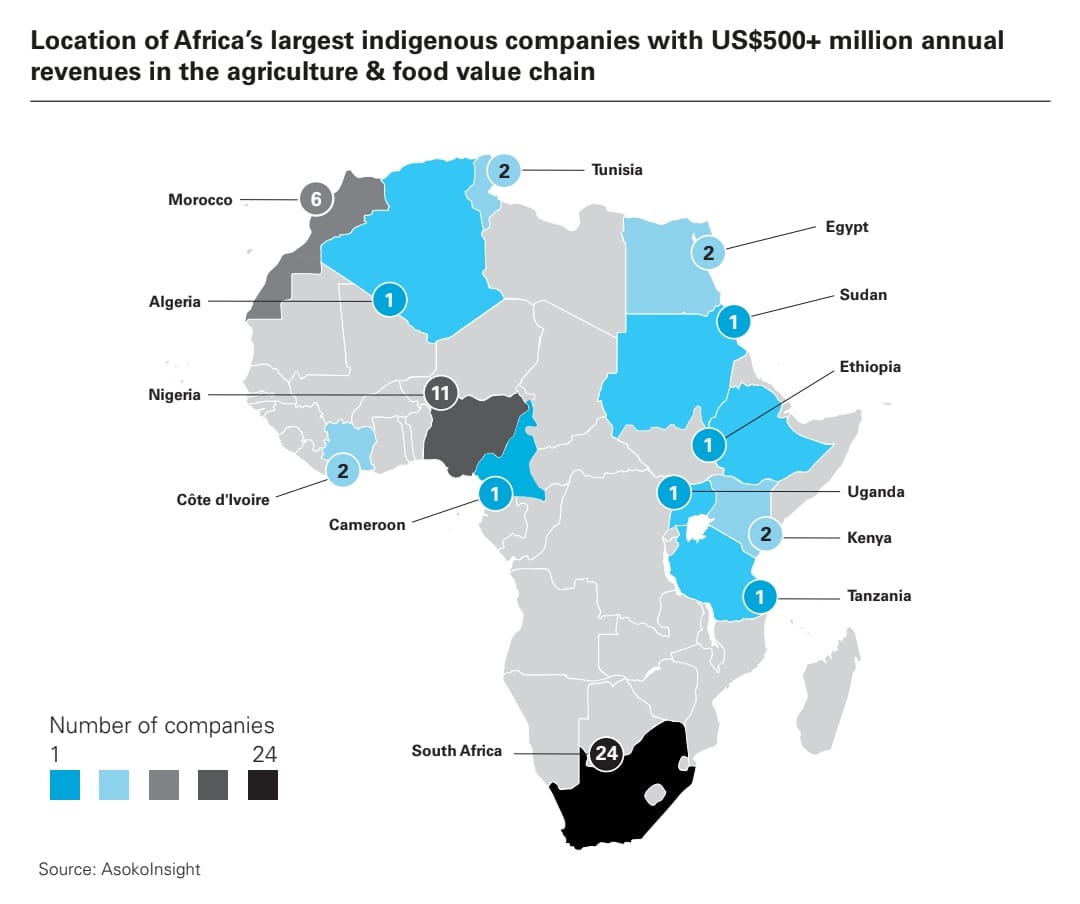
Watching the spectacle of US President Donald Trump’s supporters breaching the Capitol on January 6 in an effort to stop the Congress from certifying the results of the 2020 elections, I was reminded of a line in Joseph Conrad’s novella, Heart of Darkness.
This is about Mr Kurtz, a British colonialist, who goes native and rogue and a little mad after he gets to Africa, with lethal consequences for the Africans. What I recalled was that “all Europe [had] contributed to the making of Kurtz”.
In the same vein, I feel that all America contributed to the making of the “very American riot” on January 6, to quote Patrick Gathara’s January 8 oped for Al Jazeera. Indeed, I suspect that all America was complicit in the making of Trump himself.
I make this point by applying some of the language being used to characterise January 6 to the US’s historical relationship to democracy outside its borders.
The riots, which were led by mostly white men, were headlined as shocking and surreal; as an insurrection, sedition, and treason, as “a shattering blow to America’s troubled democratic image” in the New York Times, and “gleeful desecration of this… temple of democracy” in the words of Nancy Pelosi, the Democratic speaker of the House of Representatives.
Even Trump’s stout defender, Republican Senate Majority Leader Mitch McConnell, was goaded into condemning the “thugs” and “mobs” who invaded the Capitol, while President-elect Joe Biden more forthrightly called them “domestic terrorists”.
In the weeks leading up to the attack on Capitol Hill, some journalists had been warning about an attempted coup by Trump, describing his attempts to steal the election as un-American. Steve Coll, for instance, wrote in the New Yorker magazine that such schemes are “familiar in countries like Pakistan and Belarus”, not the US.
Parenthetically, it is important to note that the “terrorists” thought they were “keeping America great” by trying to prevent an election from being stolen by the other side.
If stealing elections is un-American and constitutes terrorism, what are we to call those US presidents and Congresses that have sanctioned coups and assaults against innumerable fledgling democracies abroad?
I am talking not only about the interminable wars and military interventions the US has carried out since its independence, but also, more specifically, about the coups it has instigated and/or supported against mostly elected leaders, many of whom were killed by, or with the assistance of, the CIA.
A shortlist of notable cases includes Iran in 1953; Guatemala in 1954; Pakistan in 1958; the Congo in 1960; Brazil in 1964; and Chile on September 11, 1973 – that “other” 9/11, of the US’s making, which the world has never mourned or commemorated.
As such, if Trump is un-American, it is only because he tried, unsuccessfully, to do at home what his country has successfully done abroad for centuries. Moreover, if we should blame him for authorising violence and flaunting the law, should we not also blame those US presidents and Congress members who have routinely sanctioned violence overseas while considering themselves and the US above international law?
Moreover, while the Capitol’s invasion by Trump’s supporters has certainly shocked world leaders, could it have tarnished the country’s “democratic image” more than – say – the drone killings former President Barack Obama authorised? He approved of more such killings in his first term than his predecessor, George W Bush, did in his two terms.
Only by ignoring the US’s depredations in the rest of the world can people believe that its democratic image depends on what happens within its own borders. Regrettably, however, most people in the US seem indifferent to the rest of the world even as their country vacillates between wanting to destroy and save it.
Then, too, critics describe Trump’s supporters as being gullible, ignorant, and delusional, among other things. I do not doubt that many are, but enlightened liberals are also susceptible to the conceits and illusions of the US’s founding myth and the ideology of American exceptionalism. The myth, of course, is that a land forcibly seized by white European men, whose inhabitants they subjected to genocide and in which they instituted Black slavery, is a beacon, a “shining city on the hill”, God’s gift not just to those who live in the US, but to humanity at large.
If secular Americans no longer engage in God-talk, they continue to believe that the US has a mandate to bestow the gift of democracy upon “backward” nations even when, in practice, this involves destroying those nations. Further, some of the very people who excoriate Trump’s hallucinations about American greatness also consider themselves unique and privileged merely by virtue of being “American”.
This belief appears to draw on a simplistic, even Manichean, view of good and evil – one that juxtaposes a morally unique and uniquely moral America to an evil and dangerous world mired in fanaticism, ignorance and violence.
There is any number of examples of American exceptionalism but I will consider just one: the US response to the attacks of September 11, 2001. In their wake, Chilean American playwright Ariel Dorfman wrote an essay comparing them to the CIA-backed attacks in Chile on September 11, 1973.
Generously, he did not blame Americans for that coup, which ended in the death of democratically elected President Salvador Allende. Rather, he urged Americans to treat their own tragedy as a way to feel “what the rest of us have known”. All they needed to do, he said, was to look into the “mirror of our common humanity”.
Instead, as we know, the September 11 attacks simply conjured up a vengeful pride in the exceptionalism of American suffering. This continues to underwrite a decades-long US-led “war on terror” which has claimed over half a million Muslim lives, many of them civilians.
Ironically, but predictably, this Manicheanism now also defines US domestic politics. Trump’s supporters do not want to see themselves as part of an America that is not Republican, Trumpian, and red, while those backing Biden cannot contemplate living in the same stratosphere as these supporters. Clearly, there are numerous factors at play in this division but, ideologically, it is no different from how most Americans tend to think of others, elsewhere.
It may be insensitive to talk about such issues when half the country is struggling to make sense of the January 6 events. But here, again, is an opportunity for Americans to think about the terms on which they relate both to one another and to the world.
This is not an appeal for tolerance, though. It is a reminder of the consequences of living with a set of practices and expectations within one’s borders while violating these with impunity abroad. The inside/outside dichotomy, while perhaps unavoidable, also obscures the fact that who we are is manifest, not only inside, but also outside. Conversely, what we do to others invariably shapes who we become, on the inside.
By Asma Barlas
Source: aljazeera.com
The views expressed in this article are the author’s own and do not necessarily reflect The Chronicle’s stance.
The post Trump and un-Americanism appeared first on The Chronicle Online.
Read Full Story












Facebook
Twitter
Pinterest
Instagram
Google+
YouTube
LinkedIn
RSS